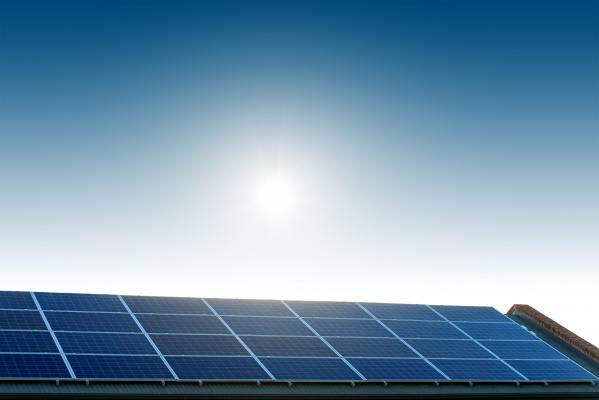
A community battery that allows residents to share their rooftop solar power with other households will be installed in Tarneit.
Electricity distributor Powercor will install the 150kilowatt/388watt hours battery under the state government’s Neighbourhood Battery Initiative.
The battery has been designed to soak up excess rooftop solar generation from Tarneit houses, to supply up to 150 nearby homes during peak usage periods.
The state government will contribute $800,000 towards the cost of the battery project.
Powercor’s general manager of electricity networks, Mark Clarke, welcomed the funding.
“This battery will provide benefits for local customers, whether they have solar or not, by providing the community with access to local renewable energy, improving the reliability of electricity during peak demand times,” Mr Clarke said.
“Solar is booming in Tarneit and this battery will allow more homes to connect and export excess solar from their systems back into the grid.”
Tarneit and its surrounding suburbs have the highest number of solar connections in the Powercor network.
In the 3029 postcode (Tarneit, Hoppers Crossing and Truganina), more than 13,800 customers are connected to the solar network, making up around 42 per cent of all customers in the area.
Powercor will work with Wyndham council, the community and its retail partner Simply Energy, to develop a plan for roll-out the battery’s technology in Tarneit.
Construction of the new battery is expected to begin this year.
The battery is scheduled to become operational by June 2022.
Powercor thanked the Western Alliance for Greenhouse Action and Wyndham council for supporting the battery project.
The state government last week announced that 16 groups, led by community organisations, local councils and industry, would share in $3.68 million in grants through the Neighbourhood Battery Initiative.
Energy, Environment and Climate Change Minister Lily D’Ambrosio said the grants were part of a plan to halve Victoria’s emissions by 2030.






